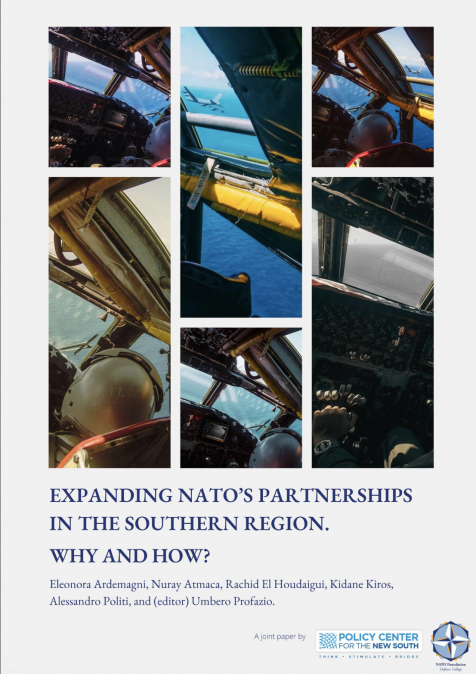Podcasts
U.S. security policy in the East Asian context
Related topics:
This podcast is performed by Daniel Twining. U.S. Security Policy in the East Asian Context For the United States, some of the main challenges facing the U.S. security policies in East Asia are a mixture of traditional and non-traditional security issues. But the main traditional security challenges for U.S. in East Asia would be the South China Sea issue and North Korea. China continues in the same pace building (and militarizing) artificial islands in the South China Sea which causes anxiety to its neighbours, specifically the Philippines and Vietnam who directly dispute Chinese claims, with the former taking the issue to international arbitration. The U.S. finds itself in a peculiar position since it needs to assure allies in the region and at the same time provide for the freedom of navigation which can be seriously undermined if China takes control of the 9-dash line. The second challenge is North Korea which keeps on provoking, with the latest incident being the 4th nuclear test. Although Missile Defense analysts say that the test does not prove any progress to NK’s nuclear operational capabilities, however it shows how difficult would be to reignite any talks.








